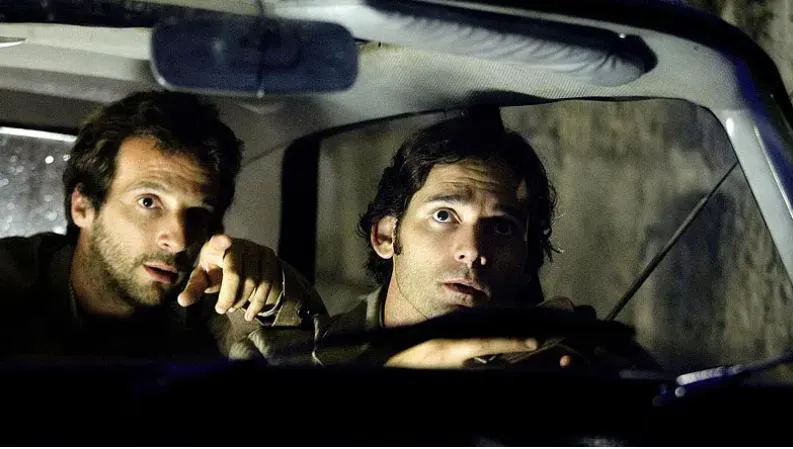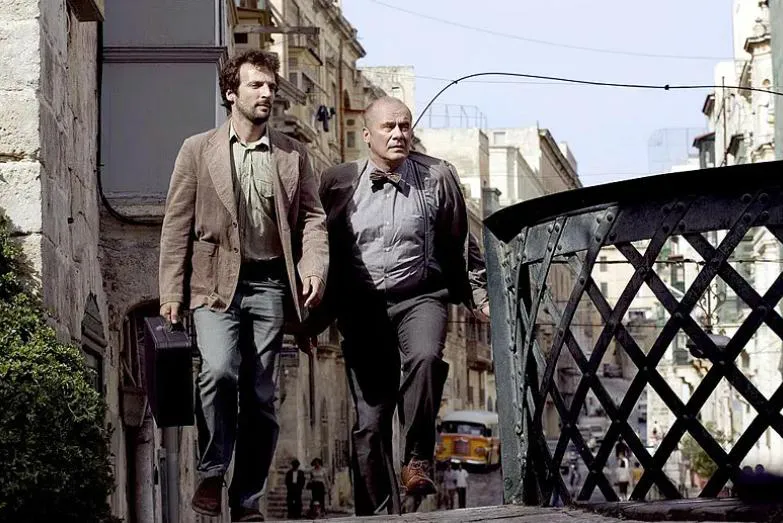Munich: A Haunting Reflection on Revenge and Morality
Some films offer fleeting entertainment, easily forgotten after leaving the theater. Others linger, leaving an indelible mark on your thoughts. Steven Spielberg’s 2005 film, Munich, falls firmly into the latter category. Adapted from George Jonas’s book Vengeance: The True Story of an Israeli Counter-Terrorist Team, the film delves into the harrowing events of the 1972 Munich Olympics massacre and the subsequent retaliatory operation. More than just a cinematic retelling of a historical event, it’s a nuanced exploration of complex moral, political, and human dilemmas.
A Gripping Narrative
The film’s narrative is immediately captivating, drawing you into its world with visceral intensity. Eric Bana delivers a compelling performance as Avner Kaufman, the Mossad agent tasked with leading the assassination squad. Burdened by the weight of his mission, as well as personal and political pressures, Avner is a character of remarkable depth and complexity. He embodies the roles of both hero and victim, executor and questioner, defying easy categorization.

The Moral Tightrope
However, the film’s true power lies not only in its suspenseful plot and stellar performances but in its unflinching examination of moral ambiguities. As we witness Avner and his team methodically pursuing their targets in the name of “justice,” a sense of unease permeates the screen. This disquiet is palpable in every detail, from the subtle interactions between team members to their moments of hesitation and doubt during the execution of their missions.

Beyond Black and White
One of the film’s most significant achievements is its refusal to offer simplistic judgments or take sides. It presents each character, even those labeled as “villains,” with their own set of motivations and justifications. This approach resonated deeply with my own experiences researching similar topics. When you delve beneath the surface of any event, you inevitably discover a web of complexities far removed from the initial narrative.

A Chilling Question
Avner’s final question to the camera, “What kind of people are we killing? Is this justifiable?” sent a shiver down my spine. It’s not just a personal reflection but a direct challenge to the audience. In the relentless cycle of revenge, have we lost sight of what truly matters? Can violence ever truly solve anything?

Final Thoughts
Munich is a thought-provoking film that successfully transforms a historical event into a universal moral quandary, compelling viewers to confront uncomfortable truths. While it may have its imperfections, it remains a powerful and important work that demands multiple viewings. I highly recommend it to anyone willing to engage with complex and challenging themes. For me, Munich was more than just a visual and psychological experience; it was a profound and unforgettable journey of the soul.